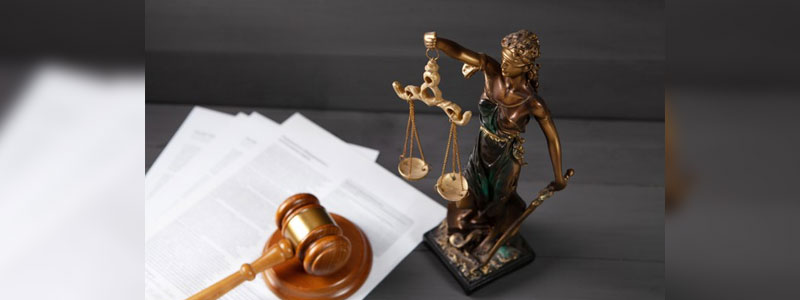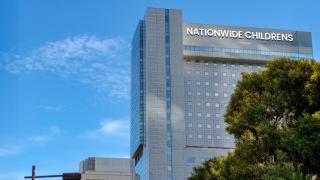Calif. Jury Deliberating First All-Zoom $70M Asbestos Case
Calif. Jury Deliberating First All-Zoom $70M Asbestos Case

Introduction
On Monday, a former car dealership maintenance worker and his wife urged a California jury to award them $70 million over his cancer claims against Honeywell and other asbestos product manufacturers and dealers. Honeywell, in closing arguments in California’s first all-Zoom jury trial, said that the lawsuit lacks evidence, and the worker was genetically predisposed to cancer.
The man worked as a janitor at three car dealerships between 1991 and 1997. The lawsuit claims that he was exposed to asbestos dust from Bendix brake pads when he swept and mopped the floors. The brake pads were manufactured by Bendix Corp., a brand for which Honeywell bears liability because of corporate succession. The suit further claims that he was never warned about asbestos or was made aware of specific ways to clean to avoid asbestos exposure.
The couple is seeking $60 million for past and future expenses, including $1 for his suffering due to mesothelioma, and $10 million for loss of consortium.
Peter C. Beirne of the Paul Law Firm, the attorney representing the couple, stated that the plaintiff has major surgery coming up, and the chances of him living more than five years are thin. Beirne urged the jury to find Honeywell liable for the bulk of the four negligence, strict liability, and failure to warn claims and to conclude that ACDelco, GM, and the dealerships bear between 2% and 10% liability.
David R. Ongaro of Ongaro PC, an attorney for Honeywell, claimed that there is no proof the dealerships used Bendix brake pads containing asbestos, as Bendix stopped the use of asbestos brake pads in 1986, five years before the plaintiff began working. Ongaro also noted that several epidemiology studies indicate that motor vehicle mechanics and individuals working with brake pads aren't at a higher risk of mesothelioma.
The parties presented their closing arguments in the trial that has been proceeding remotely since July 27. Alameda Superior Court Judge Jo-Lynne Lee, after hearing the arguments, said that she would require jurors to deliberate remotely in a Zoom breakout room after speaking with courthouse personnel about the availability of courtrooms for in-person deliberations.
In the U.S., the earliest known asbestos-related lawsuit was filed by a woman in 1929 in the Newark (NJ) Federal Court. Along with her, at least 15 other individuals with asbestos-related claims were trying to get compensation. Unfortunately, the woman's lawsuit was thrown out in 1934, but it brought forth the wave of many such lawsuits. One of the biggest companies targeted by these lawsuits was Johns-Manville Corporation, which filed for bankruptcy in 1982.
Asbestos MDL No. 875 was created in 1991 in the Eastern District of Pennsylvania and is one of the largest and longest-lasting MDL. Till 2011, over 121,000 cases got transferred to this MDL, of which over 108,000 cases were settled, dismissed, or remanded, and around 13,000 are still pending.
Latest News
Texas Trial to Decide J&J’s $10B Talcum Powder Settlement
A high-stakes trial in Texas will determine whether Johnson & Johnson (J&J) can resolve tens of thousands of talcum powder cancer lawsuits through a…




